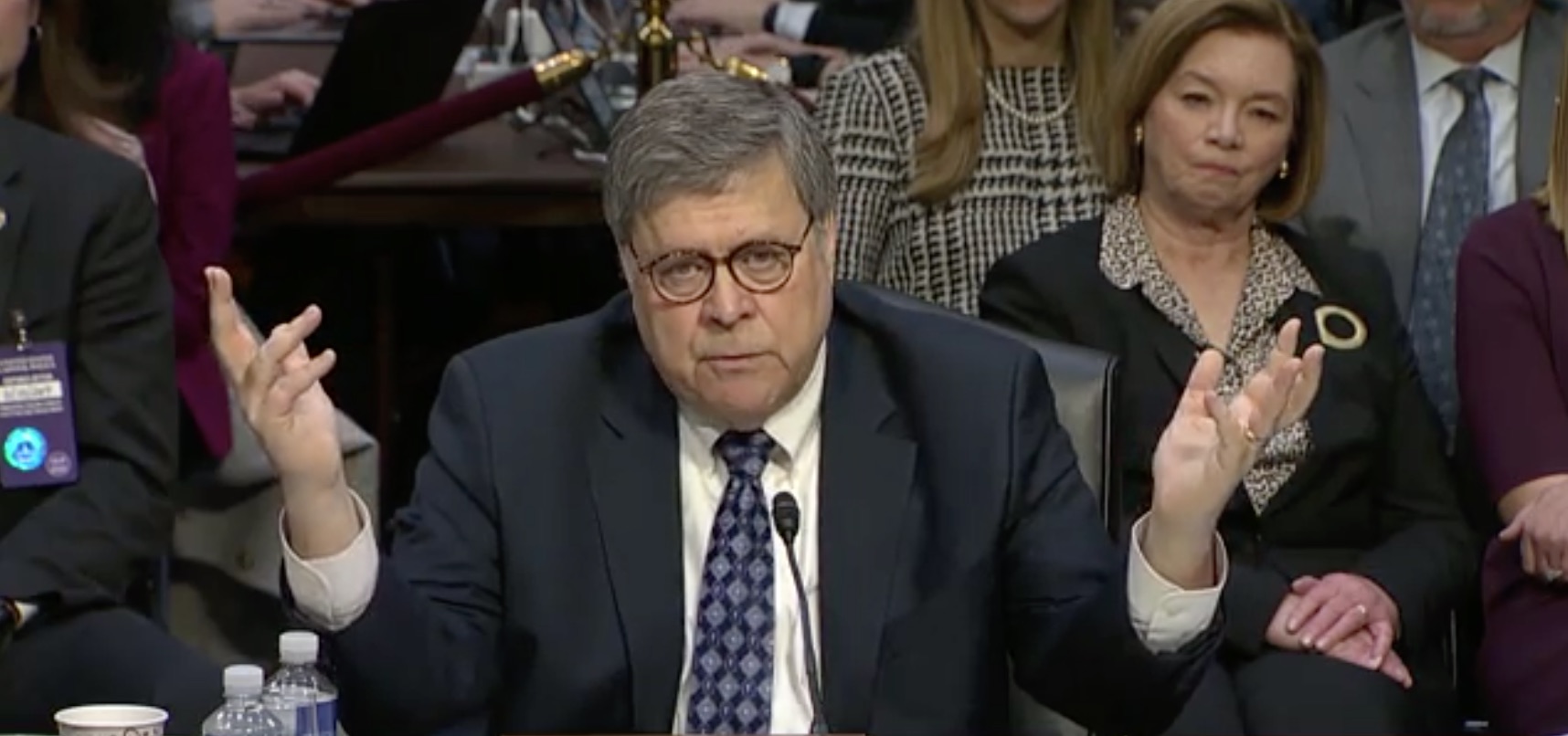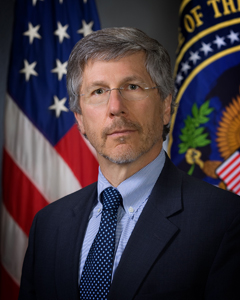What Does the Barr Letter Actually Say About Collusion?
The prevailing take on Attorney General William Barr’s letter to Congress on the Mueller report is summed up in the New York Times: “The investigation ... found no evidence that President Trump or any of his aides coordinated with the Russian government’s 2016 election interference.” But a careful reading of Barr’s letter suggests that that may be wrong.

Published by The Lawfare Institute
in Cooperation With

The prevailing take on Attorney General William Barr’s letter to Congress on the Mueller report is summed up in the New York Times: “The investigation ... found no evidence that President Trump or any of his aides coordinated with the Russian government’s 2016 election interference.” But a careful reading of Barr’s letter suggests that that may be wrong.
In fact, Barr’s letter quotes Special Counsel Robert Mueller as stating that the investigation “did not establish that members of the Trump Campaign conspired or coordinated with the Russian government in its election interference activities.” Saying that the investigation did not establish that there was collusion is not the same thing as saying that the investigation established that there was no collusion. Two points are worth emphasizing.
First, as quoted by Barr, Mueller used the words “conspired” and “coordinated.” Unlike the colloquial term “colluded,” these terms have legal significance. “Coordination” with a foreign government would be a basis for a finding of criminal liability under the election laws, and “conspiracy” would be a criminal agreement to violate those laws. This language suggests that Mueller’s report viewed the conduct through the lens of a criminal investigative process—that is, whether the evidence met the Department of Justice standards for prosecution, including the ability to prove beyond a reasonable doubt that there was intent to violate the law.
This interpretation is further supported by Barr’s discussion of the obstruction allegations. Barr’s language dismissing those allegations is strikingly similar to that used by Mueller with respect to the Russia investigation: Barr said that he and Deputy Attorney General Rod Rosenstein “have concluded that the evidence developed during the Special Counsel’s investigation is not sufficient to establish that the President committed an obstruction-of-justice offense,” echoing Mueller’s statement that the investigation “did not establish” a conspiracy. This conclusion must be read in coordination with Barr’s 2018 memo arguing that acts within the president’s constitutional authority over law enforcement, including firing the director of the FBI, cannot constitute obstruction of justice—at least if they do not “impair[] the integrity or availability of evidence.”
Barr’s letter to Congress makes clear that there was substantial evidence supporting the possibility that the president obstructed justice—enough that Mueller did not feel he could draw a conclusion—but that Barr nonetheless concluded that prosecution was not warranted. By using the same language that Mueller used with respect to “establishing” coordination with Russia, Barr’s letter suggests the possibility that, rather than “no evidence” of collusion, Mueller did find such evidence—but similarly did not conclude it warranted a criminal prosecution. Clearing up this ambiguity is yet another reason why the Mueller report should be released promptly.





